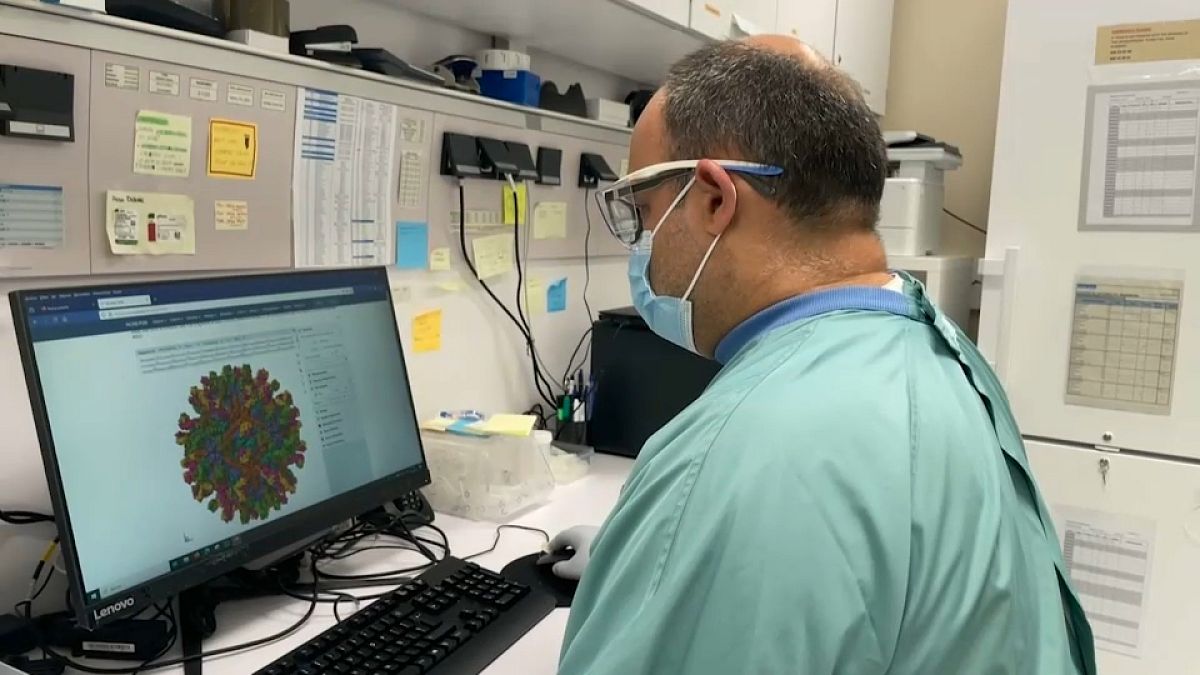Residents in the south of Spain are facing a growing crisis as the West Nile virus continues to spread throughout the region. The virus, which has been around since 1937, is causing serious illness and even death in some cases. In Spain alone, there have been 71 confirmed cases and seven deaths, with the most recent case occurring in the town of Mairena del Aljarafe in Seville. The virus has brought fear and desperation to the residents of the southern provinces, with many calling for faster identification of the virus in patients and the development of a vaccine to combat it.
The West Nile virus is transmitted through mosquito bites, with some individuals experiencing mild symptoms while others develop serious infections that can be fatal. Researcher Jordi Figuerola notes that even young, healthy individuals have been affected by the virus, indicating the need for more research to understand the reasons behind varying outcomes. The virus has been reported in 16 European countries, with Italy having the highest number of cases overall and Greece having the highest death rate. Spain, specifically the region of Seville, has seen a high concentration of the virus in humans, leading to drastic measures such as closed houses and window screens to prevent mosquito bites.
In response to the growing crisis, scientists in Barcelona are working on developing a vaccine against the West Nile virus. Biologist Jorge Carrillo is leading the LWNVIVAT West Nile immunology project at the research foundation IrsiCaixa, which has received funding from the European Union. The project involves several European countries and aims to create a vaccine within the next three to eight years. Residents in the affected areas are hopeful that the development of a vaccine will help prevent further spread of the virus and save lives.
The impact of the West Nile virus on the southern provinces of Spain has been devastating for residents, who are living in fear of mosquito bites and possible infection. The spread of the virus has led to protests and calls for faster identification methods and the development of a vaccine. In towns like La Puebla del Río, the streets are empty at dusk as residents take precautions to protect themselves from mosquito bites. The situation has forced southerners to change their daily routines and take measures to prevent the spread of the virus.
As the number of cases and deaths from the West Nile virus continues to rise in Spain and other European countries, residents are growing increasingly desperate for a solution. The development of a vaccine is seen as a crucial step in reducing the threat of the virus and saving lives. Scientists in Barcelona are working on the vaccine project, but it may take several years before it is available to the public. In the meantime, residents in the affected areas are hoping for improved identification methods and better awareness of the risks associated with the West Nile virus.
Overall, the situation in southern Spain regarding the spread of the West Nile virus is dire and residents are facing a serious health crisis. The virus has caused illness and death in several countries across Europe, with Spain being one of the most affected. Efforts are being made to develop a vaccine to combat the virus, but it may take several years before it is available. In the meantime, residents are taking precautions to prevent mosquito bites and reduce the spread of the virus in their communities. The development of a vaccine is seen as a critical step in controlling the spread of the West Nile virus and preventing further outbreaks in the future.











